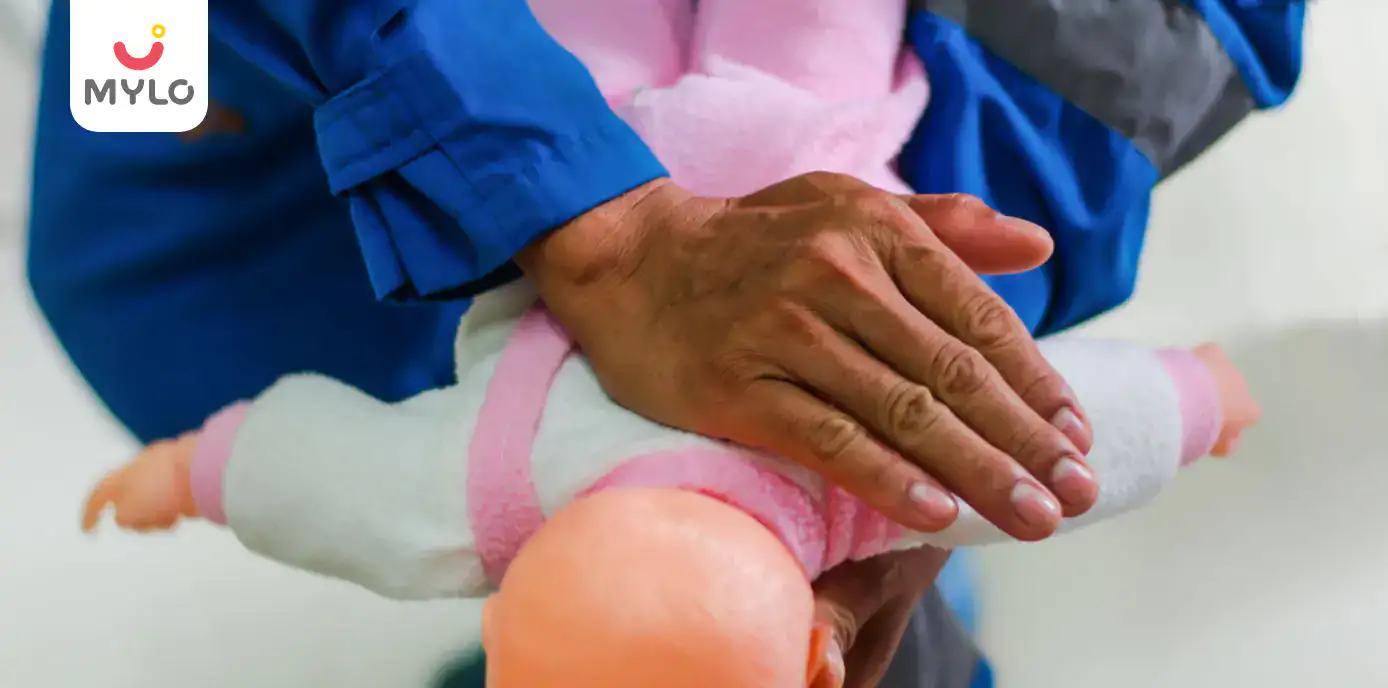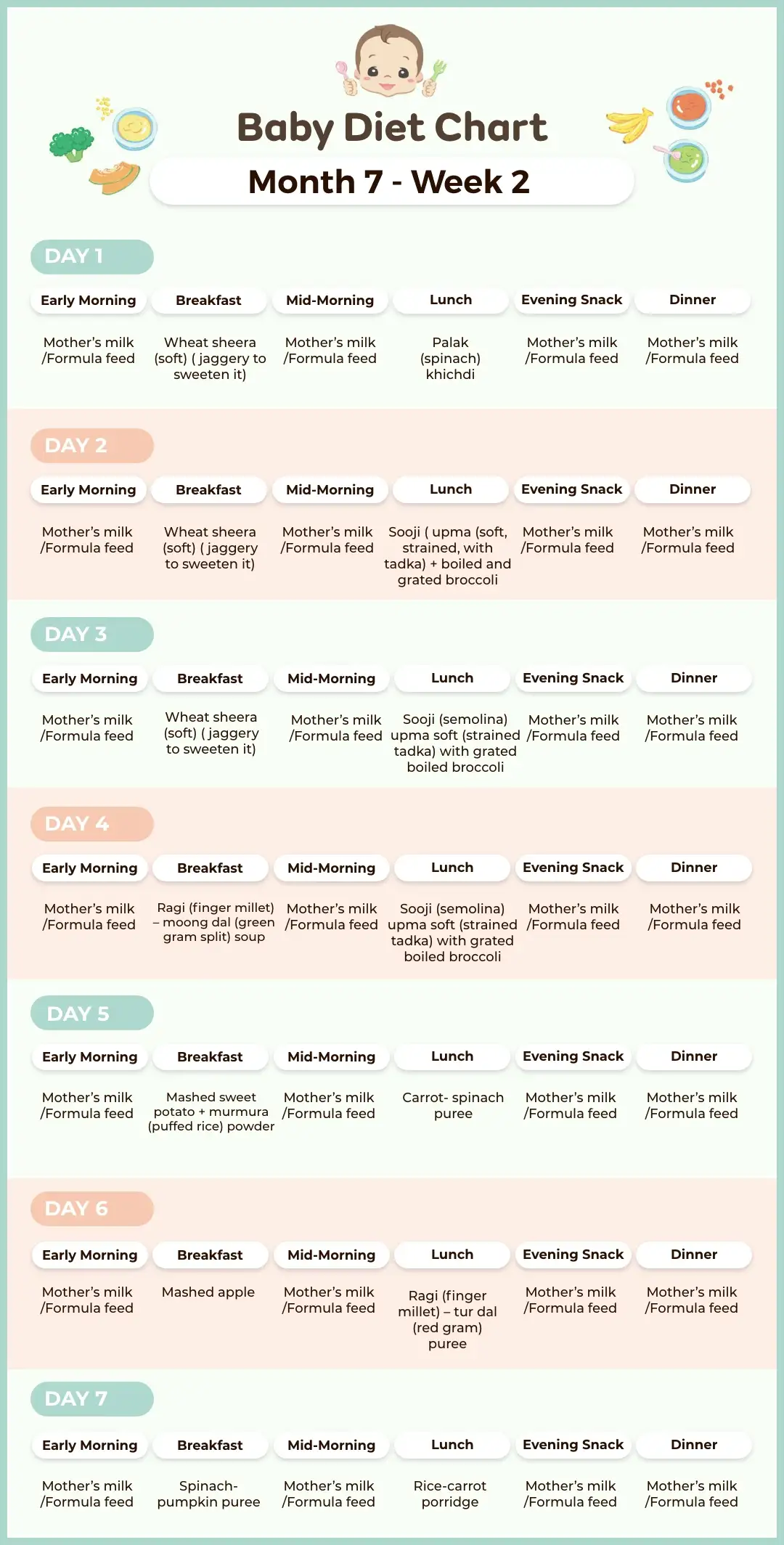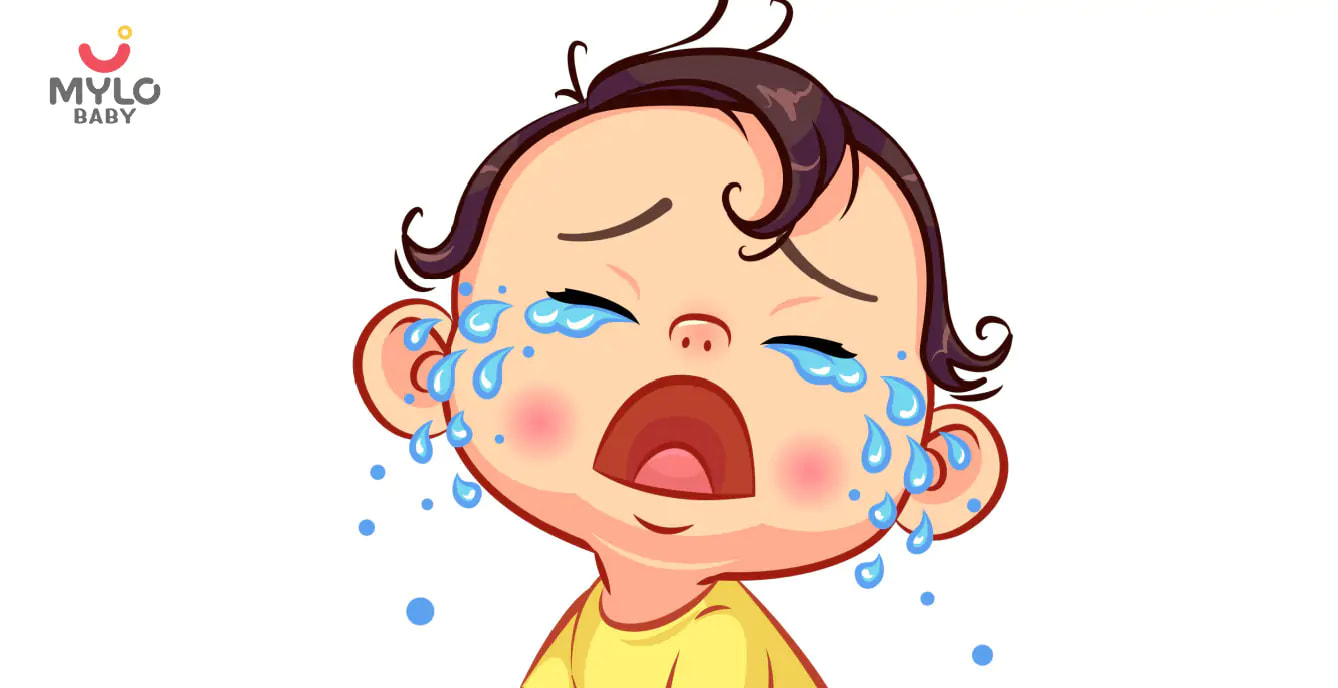Home

Social Development

What Is Social Development in Early Childhood?
In this Article
Social Development
What Is Social Development in Early Childhood?
Updated on 16 March 2023
Social development in early childhood is an important part of a person’s overall health, well-being, and happiness throughout his or her life. Social development is very closely linked to cognitive and emotional development, and together these developmental markers and milestones build the foundation for developing relationships with other people, coping with stressful situations, and many other skills. Healthy social development is especially important as a child enters school.
Social development involves children’s ability to interact with others and regulate their own behaviour. Identifying these milestones in young children can be difficult if you are unfamiliar with them, so we’ve laid out some of these markers, as well as some red flags.
Milestones of Social Development in Early Childhood
Between the age of three and four years, a child’s sense of confidence begins to develop as he or she learns to do more activities without assistance.
At this stage, most children typically begin to:
• Share toys and take turns
• Begin engaging in pretend play
• Follow simple rules in games
• Sometimes become be bossy and defiant
• Show more independence
• Might show attachment to one friend
Between the age of four and five, children start to gain a greater awareness of their own individuality. A child’s sense of self in these early stages can set a pattern for the rest of his or her life.
At this stage, most children typically begin to:
• Develop friendships with other kids
• Compare themselves to other children and adults
• Understand other people’s thoughts and feelings
• Initiate or join in play with other children and make up games
• Show an understanding of right and wrong
• Listen while others are speaking
Red Flags for Social Development in Early Childhood
The following are indicators of possible dysfunctional social development. If your child exhibits some or all of these behaviours, you may want to have your child’s Executive Function skills assessed or seek advice from your paediatrician or another health professional.
• Shows no interest in playing with other children
• Is unable to share or take turns with other children
• Wants to be dependent on caregivers for everything
• Is extremely “rigid” about routines and becomes upset when things change
• Has extreme difficulty separating from parents or caregivers
How Executive Function Skills Promote Healthy Social Development
Executive Function is the “controller” for all cognitive skills. EF skills help people do things like regulate their behaviour, accomplish tasks, and develop relationships.
Researchers have found emotional and social skills essential for school readiness, and Executive Function skills play an integral role in their development. These skills include the ability to pay attention in class, transition from one activity to the next, and cooperate with other children.



Written by
Shaveta Gupta
An expert in content marketing, Shaveta is an alumnus of IIT, Bombay, she knows what the audience is looking for. Mother of a 6 year old, she has been instrumental in planning the content strategy at Mylo.
Read MoreGet baby's diet chart, and growth tips

Related Articles
RECENTLY PUBLISHED ARTICLES
our most recent articles
Preschool
How to overcome anxiety and prepare your baby for preschool? 7 unique tips for handling the initial days of preschool.

Third Trimester
Obstetric-Cholestasis: Causes, Symptoms & Treatment
Parenting Tips
Adjusting kids to a school can be challenging. Here are 7 tips to help your child adjust to school.

Emotional Wellness
Crying During Pregnancy Causes, Effects & Treatment

First Aid
Infant Choking: Prevention & Causes

Diet & Nutrition
Indian Food Chart for Your 7-Month-Old Baby – Week 2
- 6-Month-Old Baby Food Chart/Meal Plan - Week 4
- Ways in Which You Can Avoid Gassiness During the Pregnancy Period.
- Extinguishing pregnancy heartburn in the most effective way!
- Heartburn during pregnancy is common... but the night-time heartburn is a pain. Here's how to control it
- Potatoes During Pregnancy: Benefits & Risks
- What is the common cause of food aversions during the pregnancy period and ways to manage it?
- Till what age do babies typically start talking?
- Are you Concerned about rectal bleeding in your pregnancy? Here're some relief tips for you!
- Diagnosis and Treatment of Vaginal infections during pregnancy to prevent any complications
- 8 Ways to Empower Women with Digitalisation this International Women's Day
- Navigating Hypothyroidism and Pregnancy: Tips for Expecting Moms
- Top 10 Post-Holi Detox Tips to Cleanse Your Body
- Holi-Proof Your Skin and Hair with These 10 Natural Tips
- Placenta Abruption: Causes, Symptoms and Treatment


AWARDS AND RECOGNITION

Mylo wins Forbes D2C Disruptor award

Mylo wins The Economic Times Promising Brands 2022
AS SEEN IN

- Mylo Care: Effective and science-backed personal care and wellness solutions for a joyful you.
- Mylo Baby: Science-backed, gentle and effective personal care & hygiene range for your little one.
- Mylo Community: Trusted and empathetic community of 10mn+ parents and experts.
Product Categories
baby carrier | baby soap | baby wipes | stretch marks cream | baby cream | baby shampoo | baby massage oil | baby hair oil | stretch marks oil | baby body wash | baby powder | baby lotion | diaper rash cream | newborn diapers | teether | baby kajal | baby diapers | cloth diapers |







